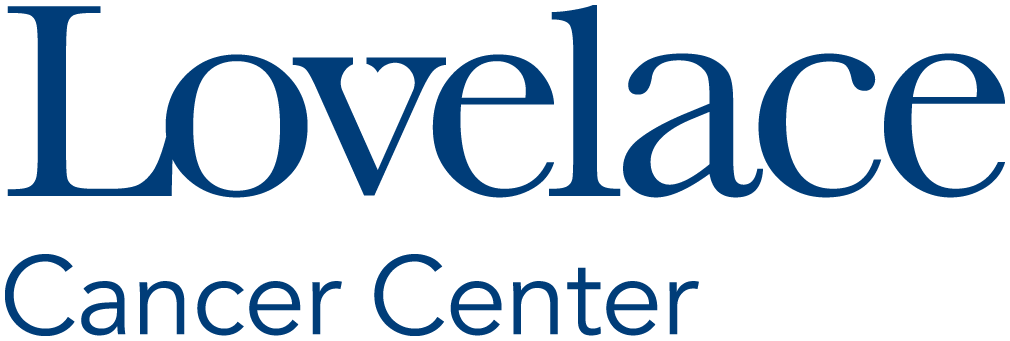Medical oncologists specialize in treating cancer. Sometimes this is done through the use of chemotherapy, which is the use of medications to treat cancer by shrinking or eliminating the tumor. The medical oncologists at Lovelace treat patients with cancer and blood disorders who are 18 years old and above.
Blood Cancers
Blood cancers affect the production and function of your blood cells. The high number of abnormal white blood cells are not able to fight infection and they impair the bodies ability of the bone marrow to produce red blood cells and platelets. Common blood cancers include leukemia, lymphoma and myeloma. Most of these cancers start in the body's bone marrow where blood is produced. In most blood cancers, the normal blood cell development process is interrupted by uncontrolled growth of an abnormal type of blood cell. These abnormal blood cells, or cancerous cells, prevent blood from performing many of its functions, like fighting off infections or preventing serious bleeding.
Blood Disorders
Blood disorders can involve and affect any of the blood's main components – red blood cells, white blood cells and platelets. Blood is a living tissue that circulates through the body carrying nourishment and oxygen to and bringing away waste products from throughout the body. Common disorders include anemia, blood clots, blood cancers and hemophilia.
Chemoembolization
Chemoembolization delivers chemotherapy directly into a tumor via a small catheter through a main artery. Bead-like particles loaded with chemotherapy are released through the catheter directly to the tumor site where they will release the drug slowly over a period of time. By targeting the tumor directly, the patient experiences fewer side effects than that of traditional chemotherapy treatment.
Chemotherapy
Chemotherapy is a type of treatment that uses drugs to kill cancer cells. Chemotherapy works by stopping or slowing the growth of cancer cells, which grow and divide quickly. The treatment can also be used to shrink tumors that are causing pain or other problems. Depending on the type of cancer, chemotherapy may be given orally or intravenously.
Stem Cell Transplant
A stem cell transplant is a procedure that infuses healthy blood-forming stem cells (stem cells) back into the body in an effort to produce new blood and immune cells damaged by cancer treatment. Stem cells can be collected from the patient prior to treatment or from a matched donor.






